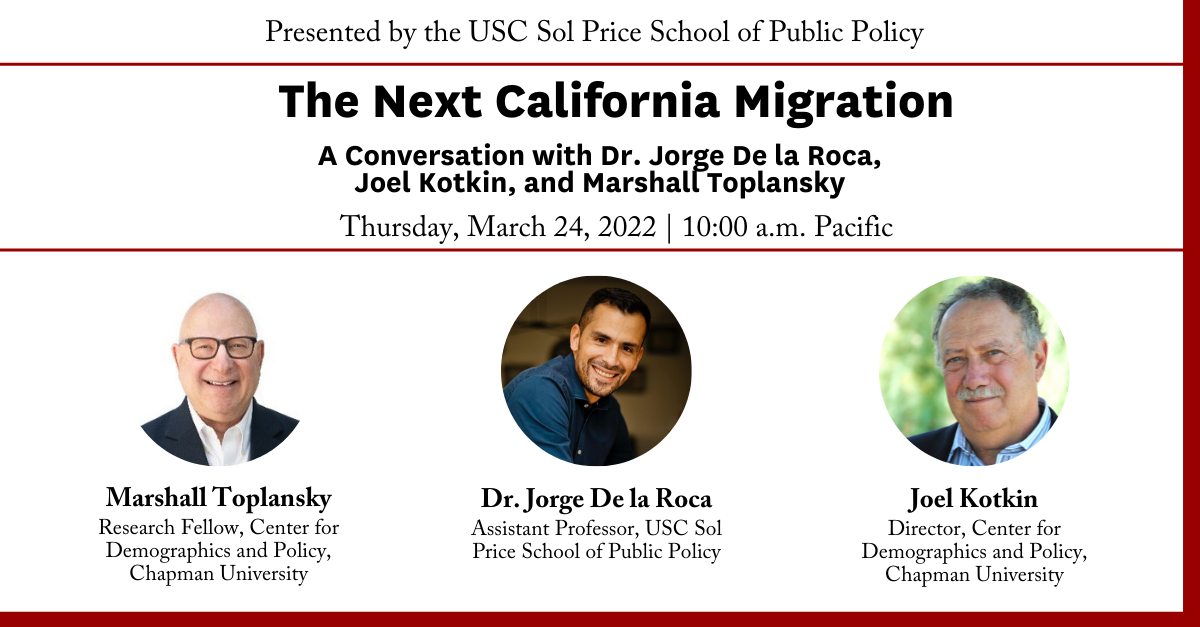Chase DiFeliciantonio reports in the March 28, 2020 San Francisco Chronicle that efforts to attract office workers back to downtown San Francisco, and consequently to restore the busy “happy hours” at bars are faltering. “Monday and especially Fridays are seeing less foot traffic downtown, which makes midweek after-work happy hours more likely. Some people still working from home are also choosing neighborhood saloons closer to home rather than venturing to other parts of town.”
A financial district bar owner characterized the phenomenon of a packed bar after work is “not dead, but in a coma.”
A bartender aid that “Thursday is the new Friday.”
The article also referred to research findings predicting that workers will use “three midweek days for in-office work, while working remotely on Mondays and Fridays.”
Wendell Cox is principal of Demographia, an international public policy firm located in the St. Louis metropolitan area. He is a founding senior fellow at the Urban Reform Institute, Houston, a Senior Fellow with the Frontier Centre for Public Policy in Winnipeg and a member of the Advisory Board of the Center for Demographics and Policy at Chapman University in Orange, California. He has served as a visiting professor at the Conservatoire National des Arts et Metiers in Paris. His principal interests are economics, poverty alleviation, demographics, urban policy and transport. He is co-author of the annual Demographia International Housing Affordability Survey and author of Demographia World Urban Areas.
Mayor Tom Bradley appointed him to three terms on the Los Angeles County Transportation Commission (1977-1985) and Speaker of the House Newt Gingrich appointed him to the Amtrak Reform Council, to complete the unexpired term of New Jersey Governor Christine Todd Whitman (1999-2002). He is author of War on the Dream: How Anti-Sprawl Policy Threatens the Quality of Life and Toward More Prosperous Cities: A Framing Essay on Urban Areas, Transport, Planning and the Dimensions of Sustainability.













